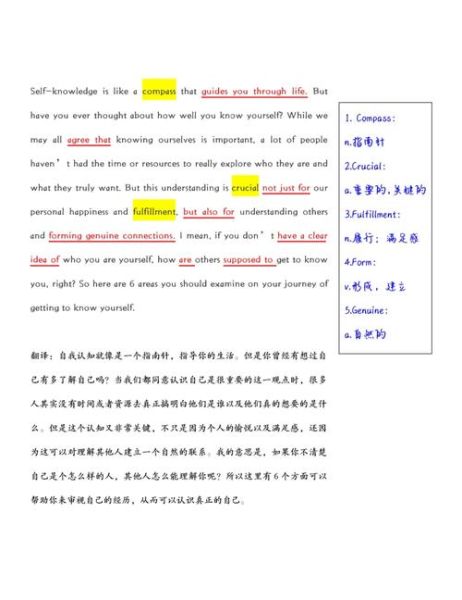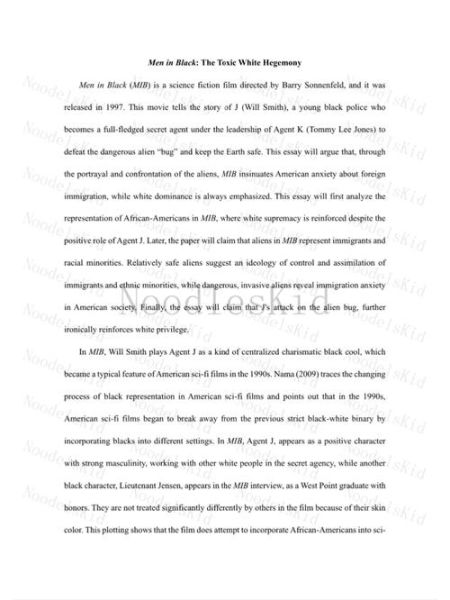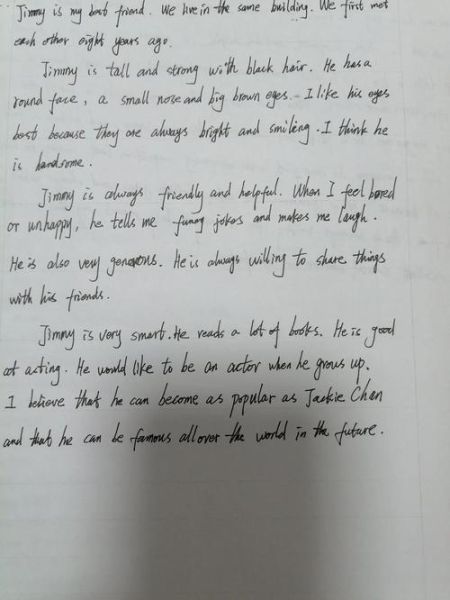Yes, you can describe yourself vividly in an English essay by combining concrete details, honest reflection, and a clear narrative arc.

Why Self-Description Matters in English Essays
Admissions officers, scholarship committees, and even blog readers want to meet the real person behind the words. A well-crafted self-description does three things:
- Establishes credibility through specific examples.
- Creates emotional resonance by revealing vulnerability and growth.
- Shows cultural fluency by using idiomatic yet natural English.
Step-by-Step Framework for Writing a Personal Portrait
1. Mine Your Memory for Turning Points
Ask yourself: Which three moments changed the way I see myself?
Instead of listing traits, narrate one scene per moment. For instance, instead of writing “I am resilient,” describe the afternoon you rebuilt a collapsed science-fair volcano while classmates left early.
2. Choose a Dominant Impression
Every essay needs a headline emotion. Is it curiosity, quiet determination, or playful creativity? Once you pick it, filter every anecdote through that lens.
3. Balance Strengths and Shadows
Perfection feels robotic. Admit a flaw, then show how you manage it. Example:

I used to interrupt people mid-sentence, mistaking speed for wit. Toastmasters taught me the power of the three-second pause.
Language Techniques That Bring You to Life
Show, Don’t Tell—But Also Reflect
Showing: “My fingers trembled as I soldered the final wire on my homemade drone.”
Reflecting: “That tremor wasn’t fear; it was the realization that imagination can literally take flight.”
Use Sensory Snapshots
Limit yourself to two senses per scene to avoid overload. The smell of burnt marshmallows and the hiss of the campfire will anchor the reader faster than five adjectives.
Deploy Strategic Dialogue
A single line—“Why do you always build things that aren’t in the instructions?”—can reveal both your ingenuity and your mother’s loving exasperation.
Common Pitfalls and Quick Fixes
Pitfall 1: The Résumé Paragraph
Problem: “I am president of three clubs, volunteer 200 hours, and maintain a 4.0 GPA.”

Fix: Zoom in on one club meeting where you mediated a heated debate about funding a solar-powered water pump.
Pitfall 2: Cliché Soup
Problem: “I think outside the box and give 110 percent.”
Fix: Replace with an unexpected metaphor: “My mind is a browser with too many tabs open, but I’ve learned to bookmark the essential ones.”
Pitfall 3: Overgeneralized Goals
Problem: “I want to make the world a better place.”
Fix: Specify the micro-world you’ll start with: “I want to teach eighth-graders in my rural town how to spot misinformation in TikTok videos.”
Three Sample Openings to Spark Inspiration
Opening A: The Snapshot
At 7:03 a.m., I was ankle-deep in pond water, clutching a jar of tadpoles I’d sworn were frogs yesterday. My biology teacher’s laughter echoed across the reeds, and I finally understood the difference between assumption and observation.
Opening B: The Contradiction
I am both the kid who alphabetizes her spice rack and the one who once skateboarded down the library stairs. Precision and chaos share rent in my brain.
Opening C: The Cultural Bridge
Every Sunday, my grandmother speaks to me in rapid Cantonese while I answer in hesitant English; between us, dumplings become the true lingua franca.
Editing Checklist Before You Submit
- Read aloud: Any sentence you stumble over needs trimming.
- Check for “I” overload: Vary sentence starters with prepositional phrases or participial clauses.
- Verify tense consistency: Past events stay in past tense; reflections can shift to present.
- Eliminate filler adverbs: Replace “very tired” with “exhausted.”
- Confirm voice authenticity: If you wouldn’t say it to a friend, don’t write it.
Advanced Tip: The Echo Ending
Circle back to an image or phrase from your opening. If you began with the trembling drone wire, end with its first successful flight disappearing into a cloud—mirroring your own ascent into college life.
Quick Q&A
How long should the self-description be in a 650-word essay?
Aim for roughly 200–250 words of direct self-portrait woven through the narrative, not dumped in one paragraph.
Can I use humor?
Yes, if it’s self-deprecating rather than sarcastic. Admissions officers appreciate wit that doesn’t wound.
Should I mention mental health struggles?
Only if you can frame them around recovery and coping tools, not raw trauma. Focus on the semester you learned cognitive-behavioral techniques rather than the night of the breakdown.
One Final Exercise
Write a six-word memoir that distills your essence. Examples:
- “Accidental coder; deliberate daydreamer.”
- “Third-culture kid translating worlds daily.”
- “Quiet violinist; loud ideas.”
Use that six-word seed to grow your full essay. If every paragraph branches from that core, your self-description will feel cohesive, memorable, and unmistakably you.







还木有评论哦,快来抢沙发吧~